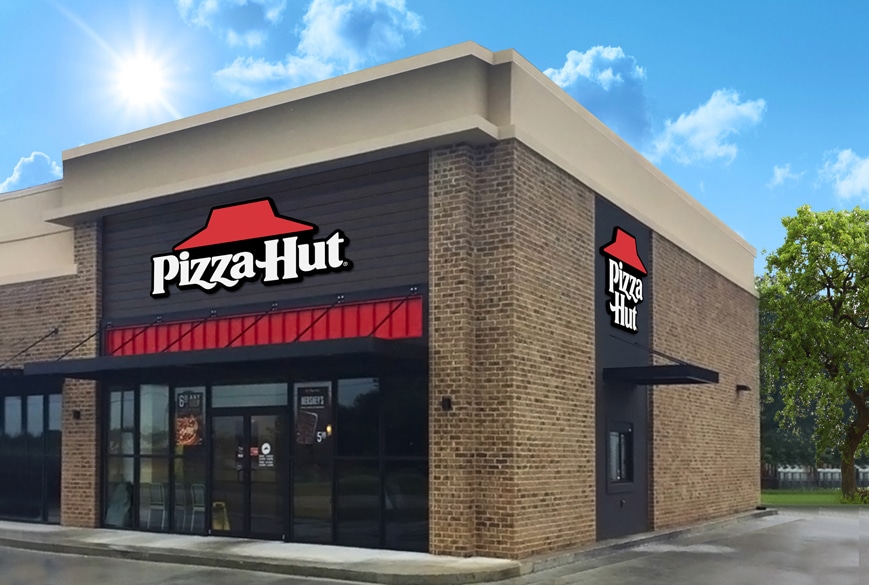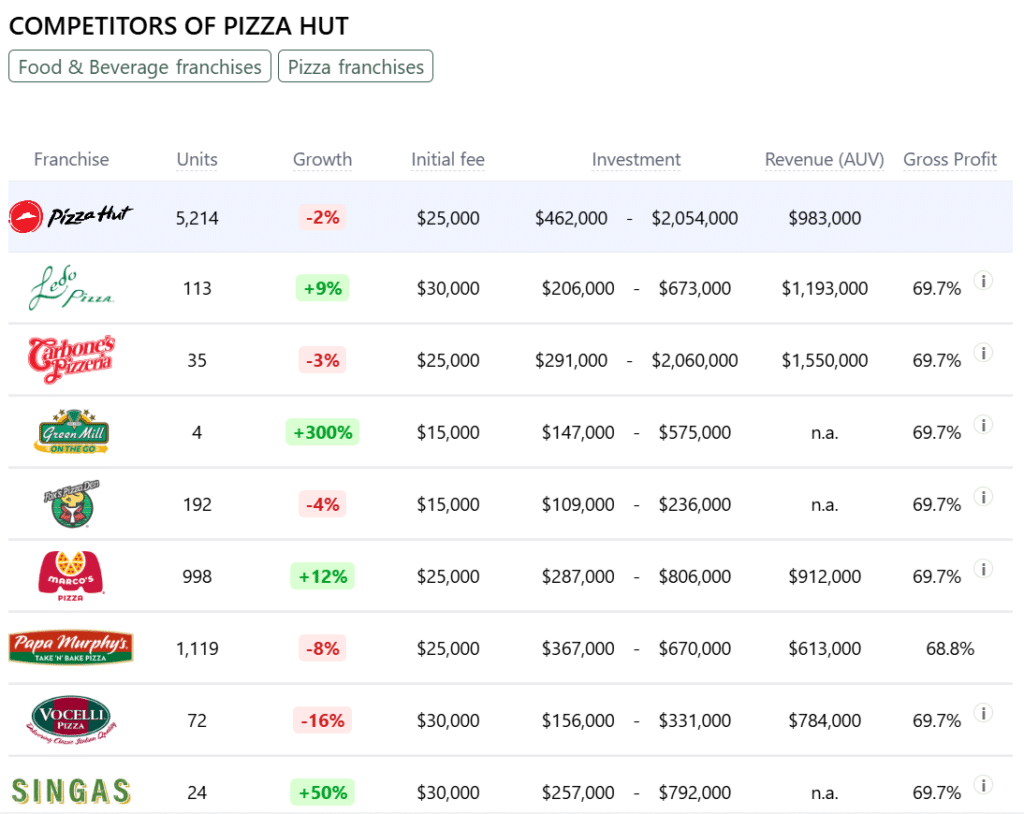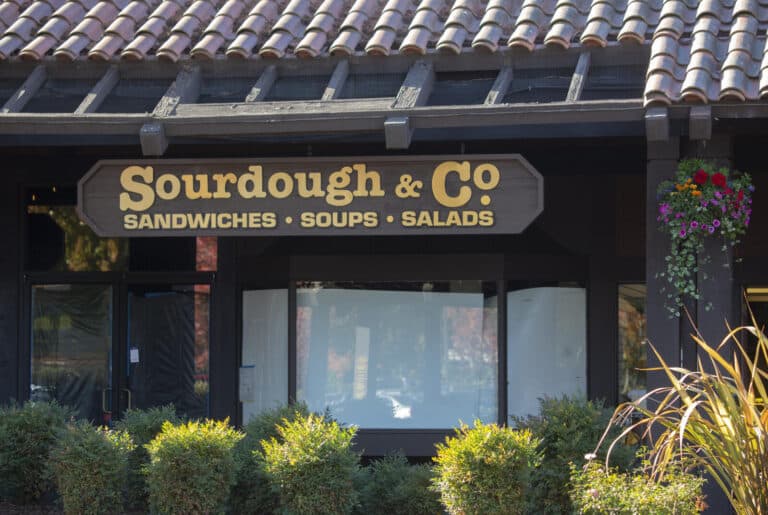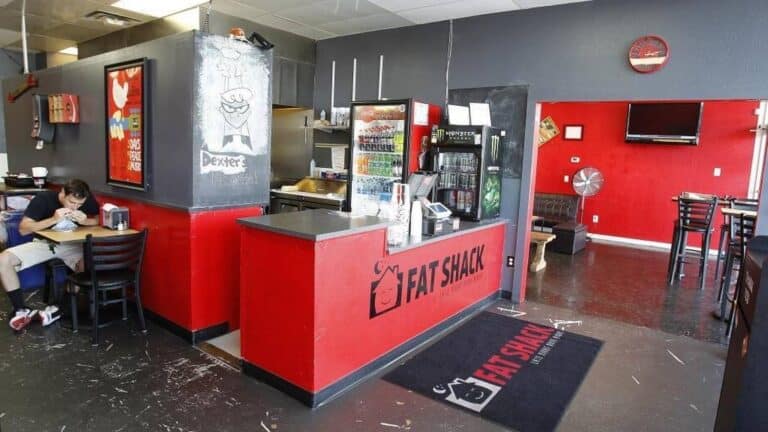Pizza Hut Franchise FDD, Profits & Costs (2025)

Pizza Hut, a major player in the global pizza market, was founded by brothers Dan and Frank Carney in 1958 in Wichita, Kansas. The business quickly took off, leading to the start of franchising just a year later in 1959.
Today, Pizza Hut operates as a subsidiary of Yum! Brands, Inc., with its corporate offices located in Dallas, Texas. This franchise is celebrated for delivering a wide variety of pizza products, pasta, and wings, making it one of the largest pizza chains in the world.
The growth of Pizza Hut is notable not only for its size but also for its innovative approaches within the pizza industry.
Over the decades, Pizza Hut has introduced a range of products that have become favorites among consumers, including their signature Pan Pizza. The franchise operates over 16,000 restaurants in more than 100 countries, demonstrating its extensive reach and popularity.
Initial Investment
How much does it cost to start a Pizza Hut franchise? It costs on average between $462,000 – $2,054,000 to start a Pizza Hut franchised restaurant.
This includes costs for construction, equipment, inventory, and initial operating expenses. The exact amount depends on various factors, including the type of restaurant you choose, the location, and whether the franchisee chooses to lease or purchase the property. Indeed, Pizza Hut offers 4 types of franchises:
| Restaurant Type | Initial Investment Range |
|---|---|
| Restaurant Based Delivery or Delivery Based Restaurant | $777,000 to $2,053,500 |
| Fast Casual Delco Restaurant | $624,000 to $1,278,500 |
| Freestanding “Delco” Delivery/Carryout Restaurant | $647,000 to $1,205,300 |
| Inline/Endcap “Delco” Delivery/Carryout Restaurant | $462,000 to $791,300 |
We are summarizing below the main costs associated with opening a Pizza Hut Restaurant Based Delivery Restaurant or Delivery Based Restaurant. For more information on the costs required to start a Pizza Hut franchise, refer to the Franchise Disclosure Document (Item 7).
Pizza Hut Restaurant-Based Delivery Restaurant or Delivery Based Restaurant
| Type of Expenditure | Amount |
|---|---|
| Initial Franchise Fee | $25,000 |
| Equipment | $150,000 – $300,000 |
| Opening Inventory | $4,000 – $8,000 |
| Smallwares | $15,000 – $50,000 |
| Building and Site Improvements | $550,000 – $1,575,000 |
| Land | Varies |
| Computer System | $15,000 – $30,000 |
| Computer System Training | $0 – $1,500 |
| Additional Funds (3 months) | $5,000 – $21,500 |
| Miscellaneous | $10,000 – $22,000 |
| Advertising | $0 – $16,500 |
| Start-up “Other” | $3,000 – $4,000 |
| Total | $777,000 – $2,053,500 |
Average Revenue (AUV)
How much revenue can you make with a Pizza Hut franchise? A Pizza Hut franchised restaurant makes on average $983,000 in revenue (AUV) per year.
Here is the extract from the Franchise Disclosure Document:

This compares to $970,000 yearly revenue for similar pizza franchises. Below are a few Pizza Hut competitors as a comparison:

Download the Franchise Disclosure Document
Frequently Asked Questions
How many Pizza Hut locations are there?
As of the latest data, Pizza Hut operates 19,866 locations worldwide. In the United States, there are 5,237 locations, of which the majority are franchise-owned. Most U.S. locations are run by franchisees.
Pizza Hut’s global operations include a mix of dine-in, delivery, and carryout formats, with franchise operations playing a crucial role in its business model. This extensive network reflects Pizza Hut’s long-established presence, making it one of the largest pizza chains worldwide.
What is the total investment required to open a Pizza Hut franchise?
The total investment required to open a Pizza Hut franchise ranges from $462,000 to $2,054,000.
What are the ongoing fees for a Pizza Hut franchise?
For a Pizza Hut franchise, franchisees are required to pay ongoing fees. The royalty fee is set at 6% of gross sales, which compensates the franchisor for the support and brand usage.
Additionally, there is a marketing fee of 4.75% of gross sales, which goes toward funding national and regional advertising campaigns to promote the Pizza Hut brand.
These fees ensure that the franchise benefits from brand-wide marketing efforts and receives ongoing support from the corporate team.
What are the financial requirements to become a Pizza Hut franchisee?
To qualify as a Pizza Hut franchisee, a minimum net worth of $700,000 is required to ensure sufficient financial stability and resources for the business. Additionally, potential franchisees must have at least $350,000 in liquid assets, which are necessary to cover the initial investment and provide a safety net for unforeseen expenses.
These financial requirements help ensure that franchisees are well-positioned to manage the costs of establishing and running a successful Pizza Hut location.
How much can a Pizza Hut franchise owner expect to earn?
The average gross sales for a Pizza Hut franchise are approximately $0.98 million per location. Assuming a 15% operating profit margin, $0.98 million yearly revenue can result in $147,000 EBITDA annually.
Who owns Pizza Hut?
Pizza Hut is owned by Yum! Brands, Inc., a global fast-food corporation that also owns other major restaurant chains such as KFC and Taco Bell.
Yum! Brands acquired Pizza Hut in 1997 when it was spun off from PepsiCo, which had previously owned the chain. Today, Yum! Brands manages Pizza Hut’s global franchise network, overseeing operations across various markets around the world.
Disclaimer
Disclaimer: This content has been made for informational and educational purposes only. We do not make any representation or warranties with respect to the accuracy, applicability, fitness, or completeness of the information presented in the article. You should not construe any such information or other material as legal, tax, investment, financial, or other professional advice. Nothing contained in this article constitutes a solicitation, recommendation, endorsement, advertisement, or offer to buy or sell any franchises, securities, or other financial instruments in this or in any other jurisdiction in which such solicitation or offer would be unlawful under the franchise and/or securities laws of such jurisdiction.
All content in this article is information of a general nature and does not address the detailed circumstances of any particular individual or entity. Nothing in the article constitutes professional and/or financial and/or legal advice, nor does any information in the article constitute a comprehensive or complete statement of the matters discussed or the law relating thereto. You alone assume the sole responsibility of evaluating the merits and risks associated with the use of any information or other content in this article before making any decisions based on such information or other content.




